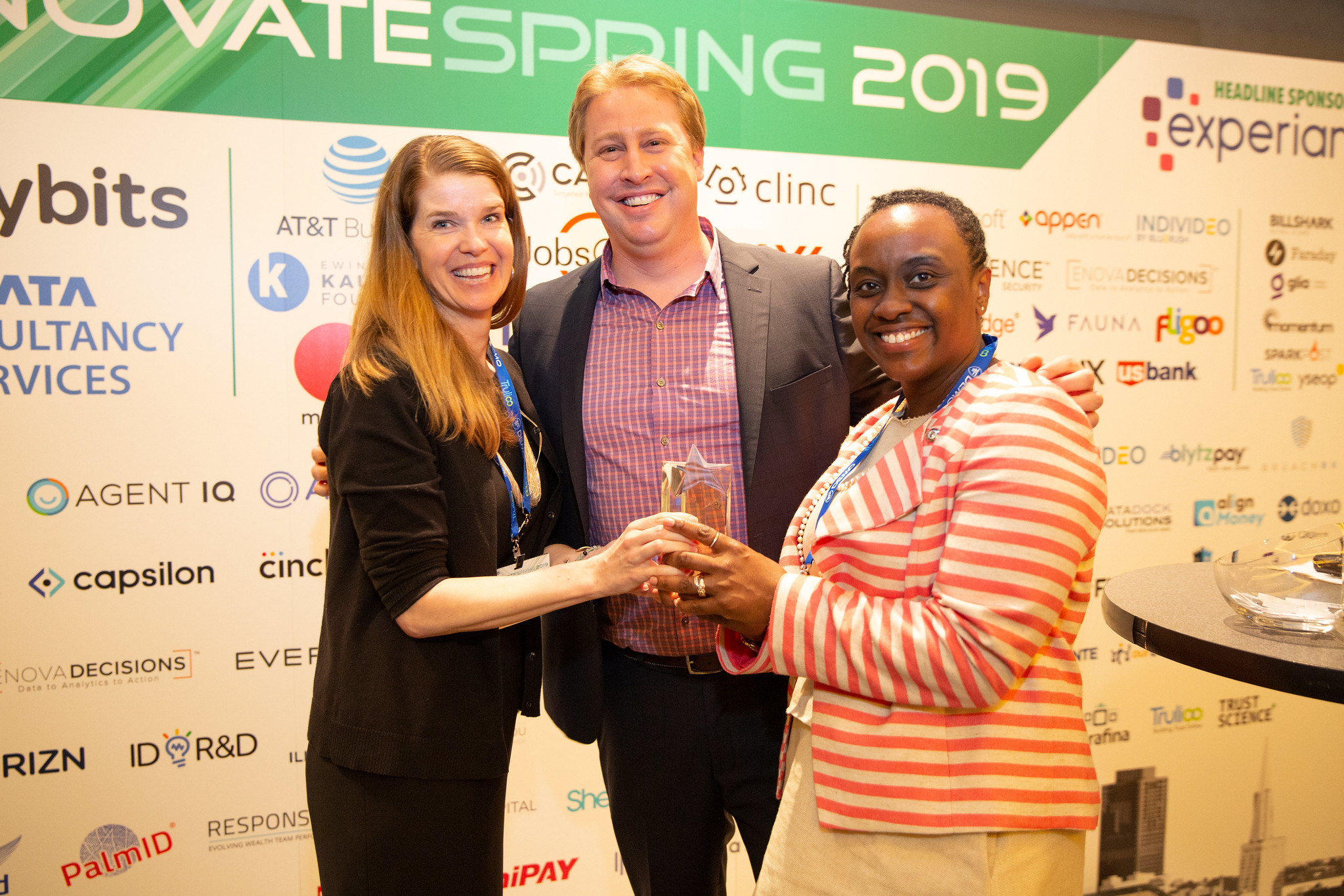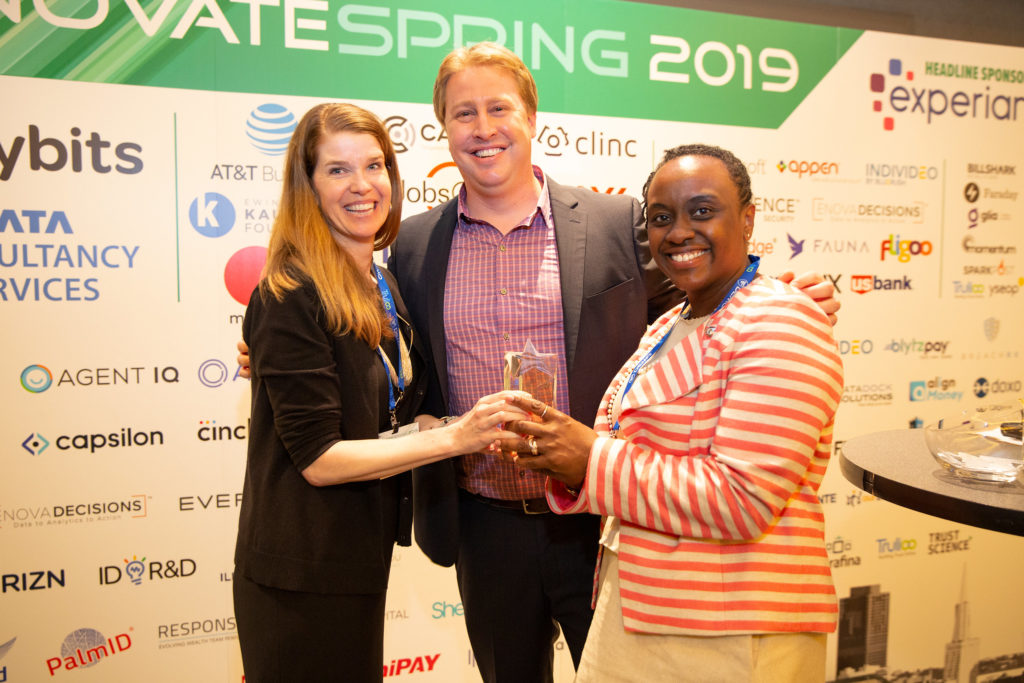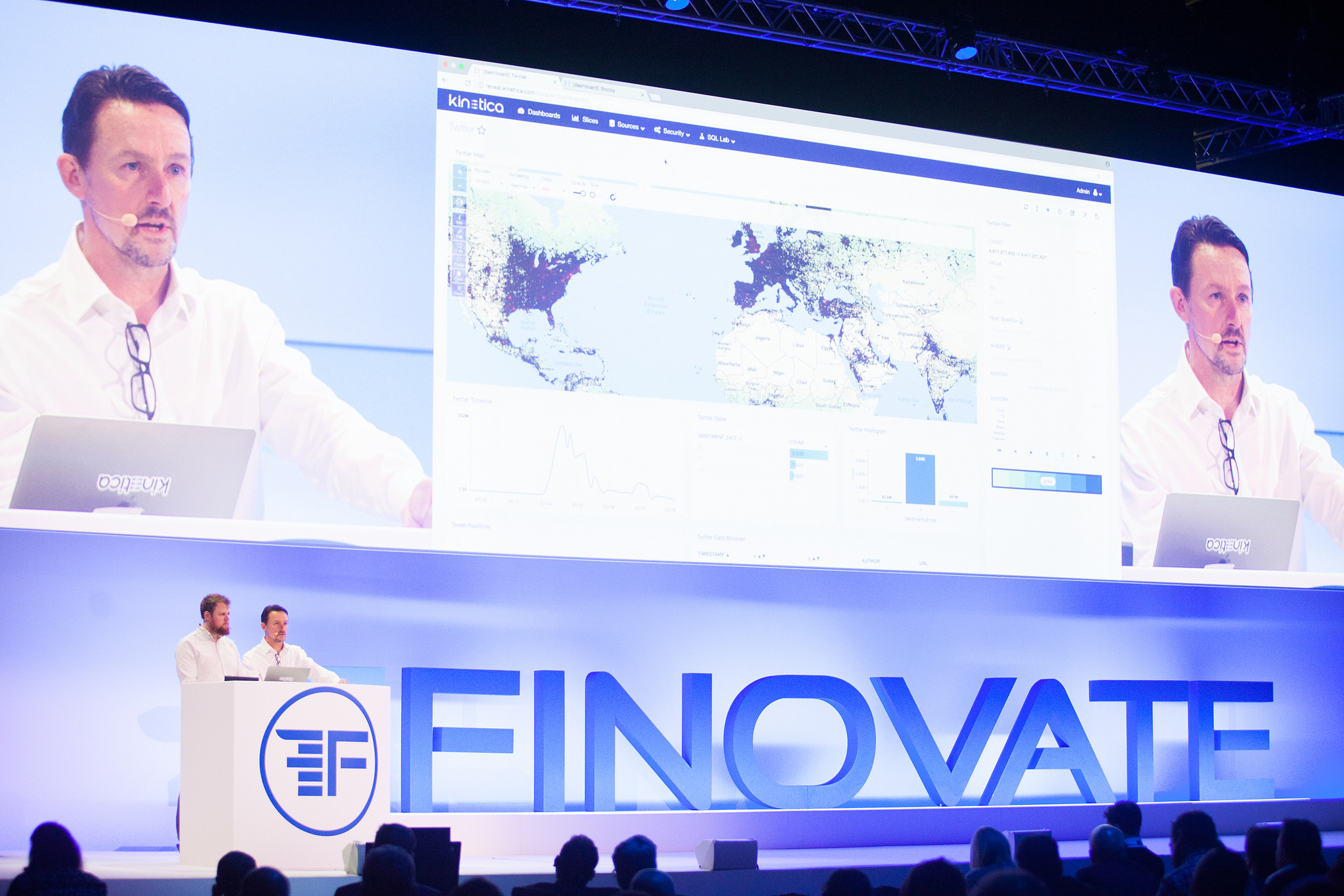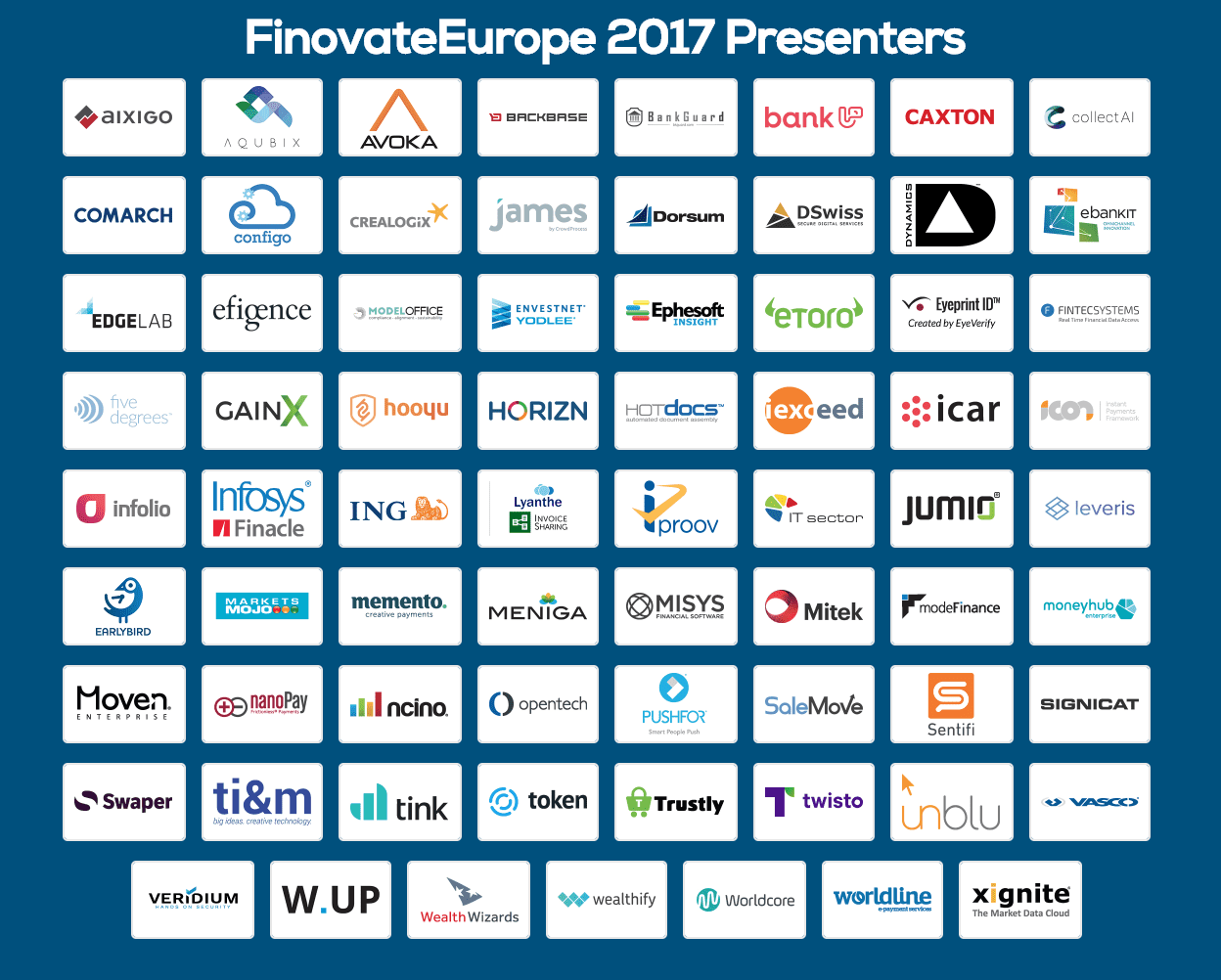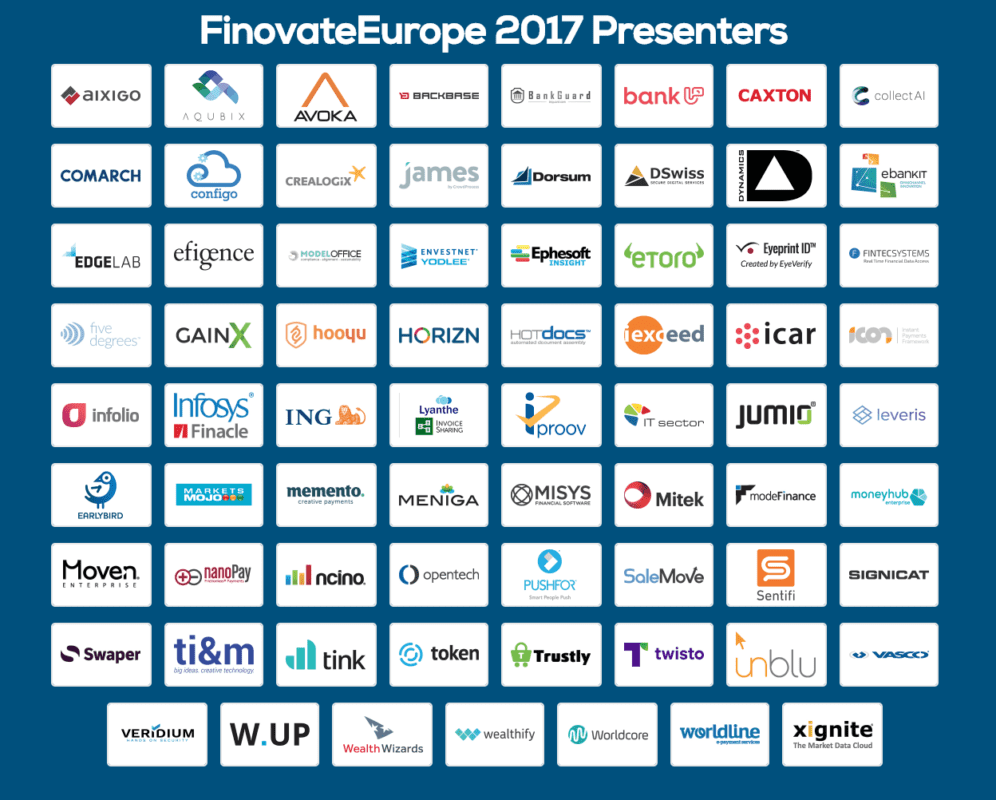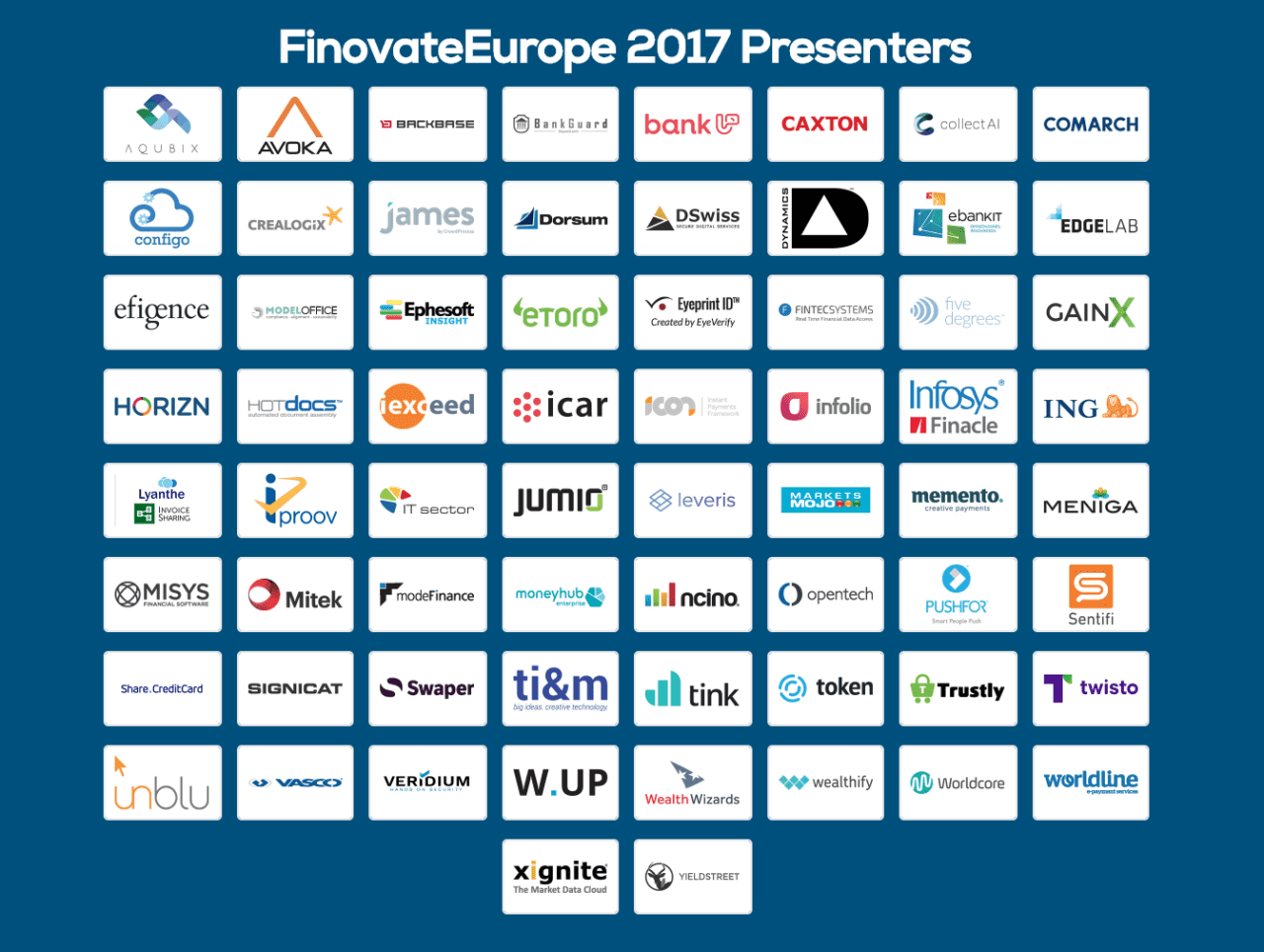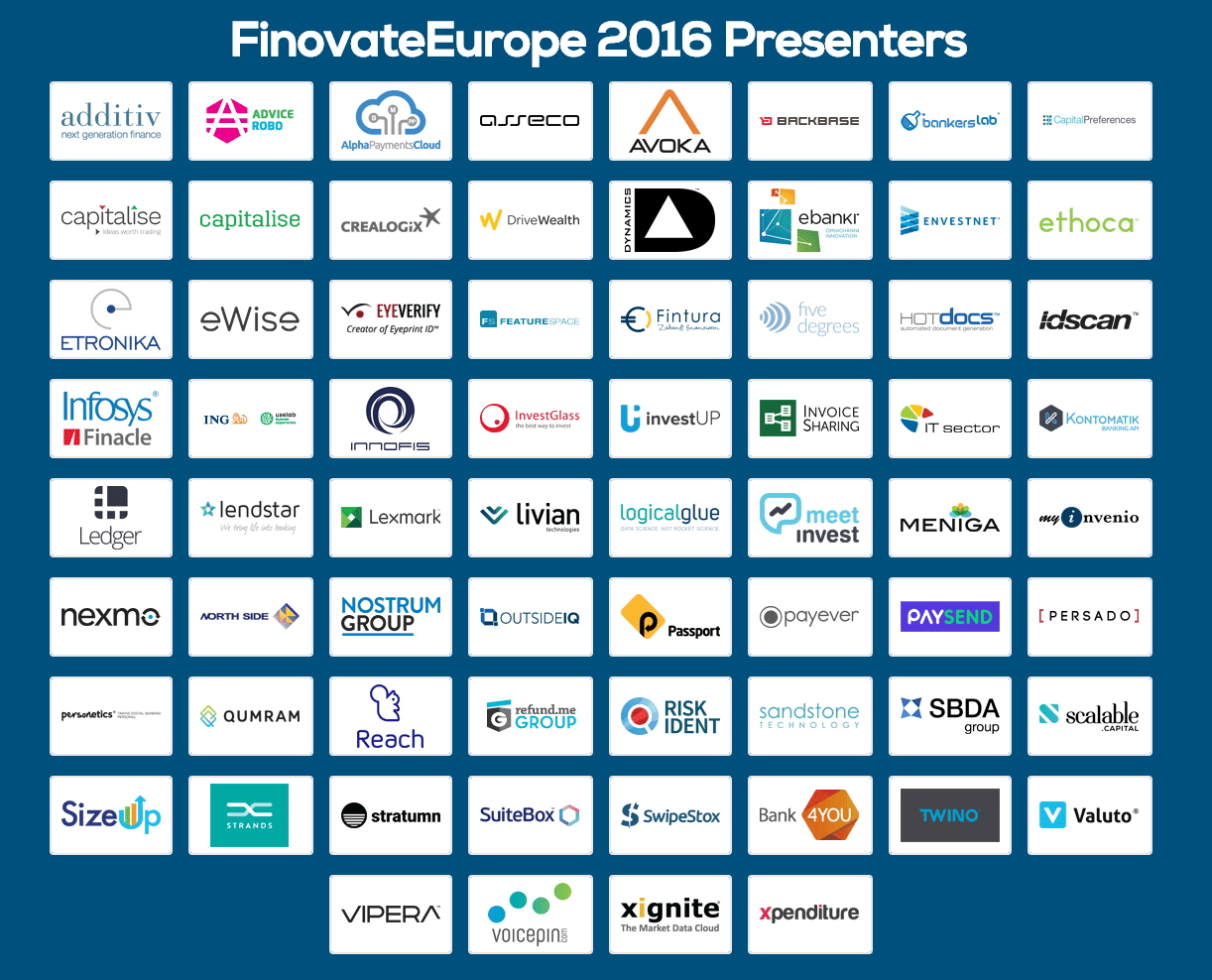
COVID-19 will forever change the way that people engage with the financial institutions that manage their money. In an effort to figure out what exactly that change will look like, I conducted a series of podcast interviews with fintech experts, strategists, and analysts. While the entire series is worth listening to (you can find it here), conducting all of those interviews has given me a unique take on what to expect for the future of fintech. What follows are some of my own big-picture ideas and predictions for the ecosystem based on these conversations.
For banks: a thinning of the herd
Let’s begin by pointing out what should be obvious to everyone at this point: the bank branch is dead. With massive amounts of the world’s population under some sort of stay-at-home order, for many people, there was no option but to take care of financial matters remotely through digital channels. Some governments are starting to ease restrictions which will make it possible for people to go back to bank branches again, but nobody expects that consumers will be as willing to come to a physical bank as they were just a few short months ago. It’s difficult to use an ATM without wondering whether the last person to use it washed their hands proficiently, let alone stand in a line surrounded by other people to wait to talk to a different person who will hand you some cash, which is likely covered in germs.
Digital, cashless banking has never looked so enticing, a theory which is validated by the massive upturn in digital banking adoption (or “hockey stick” growth as Dan Latimore described it). This upturn is terrific for the banks (and the fintech that supports them) that have already spent a lot of time and energy updating and optimizing their digital experiences. That group tends to be made up of the larger, national (and multi-national) financial institutions, although it certainly contains some smaller, forward-thinking community banks as well.
Banks that hadn’t already prioritized digital transformation, though, are in serious trouble. Despite the writing that’s been on the wall for the past decade, many financial institutions never really engaged with tech to the degree that they should have. For those banks, COVID-19 marks the beginning of the end. It’s too late now to try to catch up, and we are about to see a dramatic thinning of the banking herd as banks that were unprepared for this get acquired or go out of business.
For fintechs: rising demand and growth, but higher stakes
On the fintech side of the industry, the picture is similar. Existing, successful fintechs are about to experience a period of unprecedented demand and growth. Just like with their banking counterparts, the initial hockey stick growth has proven to be a massive stress test, but for companies who passed that test, the future is looking rosy.
The flip side is harsher – fintech companies that hadn’t been able to get to scale, or who struggled to deal with the increased demand will likely fade into the background, pushed aside by the fintech “winners” who will come to dominate the space. Companies that had received venture capital funding before March will be under intense pressure to justify their positions in the fintech ecosystem, and if they can’t, they are likely to find further capital increasingly difficult to acquire.
The ideas that I’ve outlined so far aren’t controversial among the experts with whom I spoke. Most of them agree that the number of banks will start to shrink, the number of fintech companies will start to shrink, and both the bank and fintech sides will see smaller pools of winners grow into more dominant positions. But when it comes to the question of what happens to early-stage startups in fintech, the water starts to get muddier.
Fintechs’ future: a shifting startup ecosystem
A strong startup ecosystem is vital for the long-term success of fintech. New, young companies push incumbents, introduce exciting new ideas into the space, and recycle top talent. Without them, the industry will stagnate and settle into complacency. So what can we expect?
Despite the obvious pain points, there are a few key pieces that suggest we’ll see some strong innovation from early-stage companies. To start, with contractions on the banking side and the fintech side, there will be some strong talent available for people with new ideas. We saw something like this a decade ago in the wake of the Great Recession, where ex-bankers with inside knowledge of the industry (and its inefficiencies) were able to partner with technologists, and create some really interesting innovations.
Another key point is that while overall funding in fintech companies might slow, there remains a good amount of capital that is currently looking for a home. It will probably be more difficult to get the same initial funding amounts that startups were able to get in the past few years, but that’s ok. (You could easily argue that a lot of startups didn’t need all the capital they had been getting anyway, and smaller initial rounds make successful exits easier to visualize.) There is still capital out there, and the VCs and investment bankers that I’ve spoken with expect to see more of that capital going to early-stage companies than mid-stage companies who haven’t already made a move towards unicorn status.
That said, there will likely be more stringent vetting as a part of the funding process, and there’s going to be more pressure on early-stage companies to deliver results sooner. Even before COVID-19 began sweeping the world, some highly publicized failures like WeWork have had the VC community rethinking how high of a valuation startup companies can really claim. Startups should expect to have to do more with less initially, but as long as they can demonstrate success, they will get the funding they need to bring their innovations to market.
A new reality
When you marry all of these factors together, a picture starts to emerge of what the future in fintech looks like. There will be fewer bank and fintech players in the space, an emerging group of “winners” on the fintech side, and a tougher grading rubric for those seeking capital. It’s going to be a harsher world, but that may ultimately be a good thing for the long-term success of the industry.
The rising tide that has been lifting everyone in fintech for the past few years is gone. As the water comes back down, not everyone will survive, but those that do will be in a much stronger place than they were at the end of 2019. And as the herd thins, there will be space for new companies who can succeed in a more challenging reality. There’s really only one thing that’s certain right now: the future will bring with it many challenges that will need to be met, which means that opportunity will be there for those prepared to take it.

